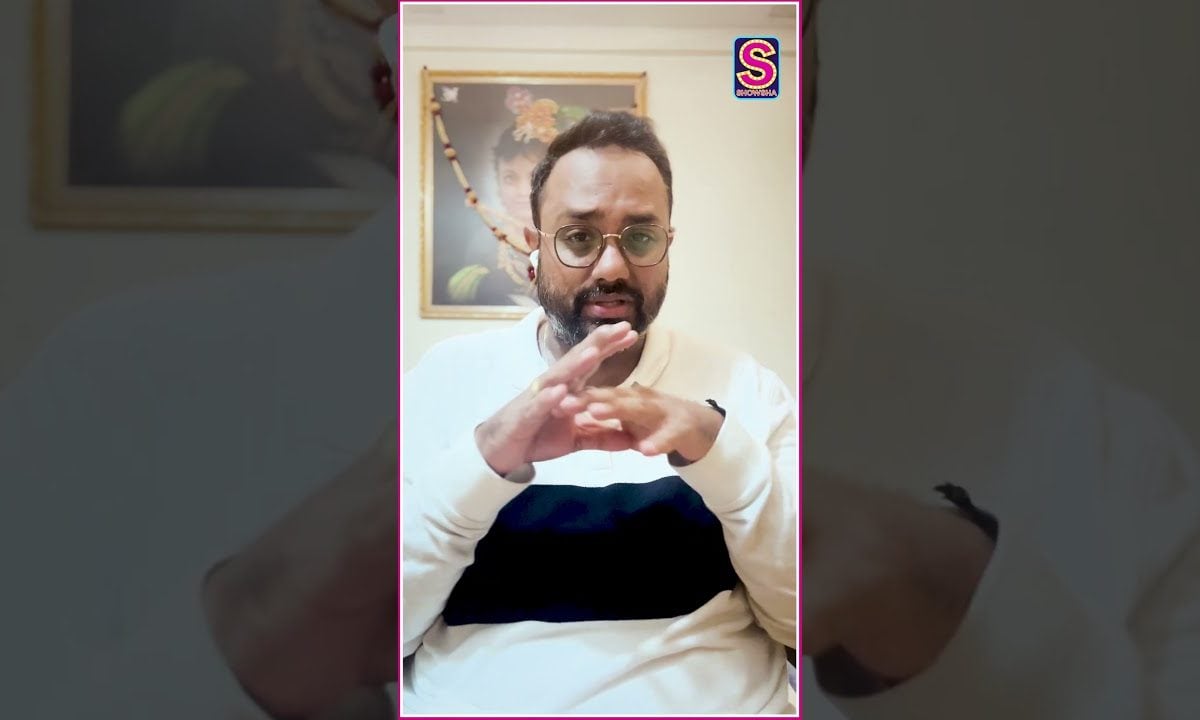

"Maa," directed by Vishal Furia, attempts to blend mythological horror with a strong maternal narrative, but ultimately falls short of delivering a truly impactful cinematic experience, despite a commendable performance from Kajol. The film, which draws inspiration from the lore of Goddess Kali and the demon Raktabija, premiered on June 27, 2025, and has garnered mixed reactions from audiences and critics alike.
The storyline revolves around Ambika (Kajol), a mother who confronts dark, supernatural forces to protect her daughter from an ancient curse plaguing a remote village named Chandrapur in West Bengal. The village is haunted by a demonic entity, Daitya, sustained by ritualistic offerings of young girls who have just reached puberty. Ambika, along with her daughter Shweta (Kherin Sharma), finds herself entangled in this terrifying reality when a tragedy forces them to confront the village's dark secrets.
Kajol delivers a powerful and committed performance as Ambika, showcasing her range as an actress. She portrays the character's transformation from a grieving woman to a fierce protector with conviction. Many viewers and critics have lauded her portrayal, noting that her performance elevates the film and adds a layer of emotional depth. However, some reviews suggest that the character of Ambika feels one-dimensional, resembling roles Kajol has played in the past, failing to evolve significantly from ordinary to awe-inspiring.
While Kajol's performance is a significant highlight, the film's script and execution leave much to be desired. The first half of the movie struggles to establish a compelling atmosphere, leaving viewers neither scared nor fully immersed in the world. The pacing is slow, and the attempts to build suspense often fall flat. The second half picks up in pace but suffers from a muddled narrative and a climax that lacks the necessary impact. Logic, even within the supernatural genre, takes a backseat, making certain plot elements laughable.
The visual aspects of "Maa" are a mixed bag. The production design, with its saturated colors, creates a vivid experience, and the eerie forest settings contribute to the intended atmosphere. However, the over-reliance on CGI, particularly in the depiction of the monster Daitya, diminishes the horror and makes it less believable. The monster's design is disappointing, failing to truly scare the audience and breaking the illusion of a dreaded entity.
The film's attempt to address social commentary, such as the stigma around menstruation and the celebration of female power, feels somewhat forced and underdeveloped. While the intention is commendable, the execution lacks subtlety and depth. The songs in the movie are forgettable and feel out of place, further detracting from the overall impact.
Despite its flaws, "Maa" has moments of potential. The blending of mythology and horror is an interesting concept, and the film touches upon themes of maternal strength and sacrifice. However, the weak script, inconsistent pacing, and reliance on tired horror tropes prevent it from reaching its full potential. Ultimately, "Maa" is a film that relies heavily on Kajol's star power to remain watchable, but even her best efforts cannot fully compensate for its shortcomings. It may appeal to die-hard horror fans and Kajol's admirers, but those seeking a truly gripping and innovative horror experience may find it underwhelming.